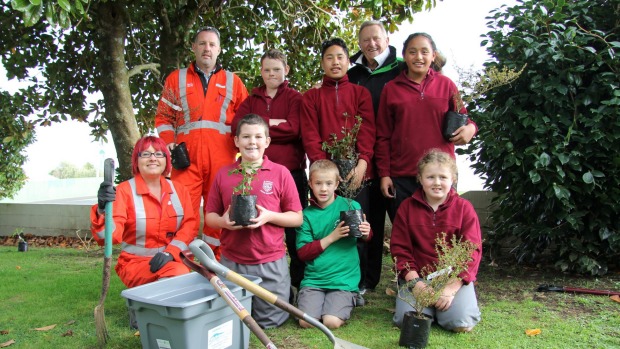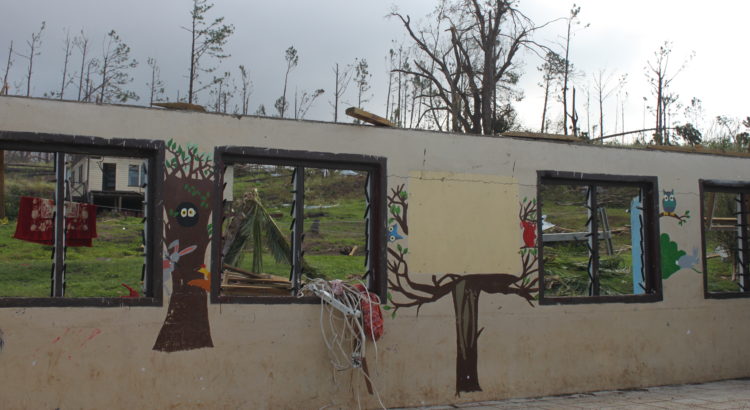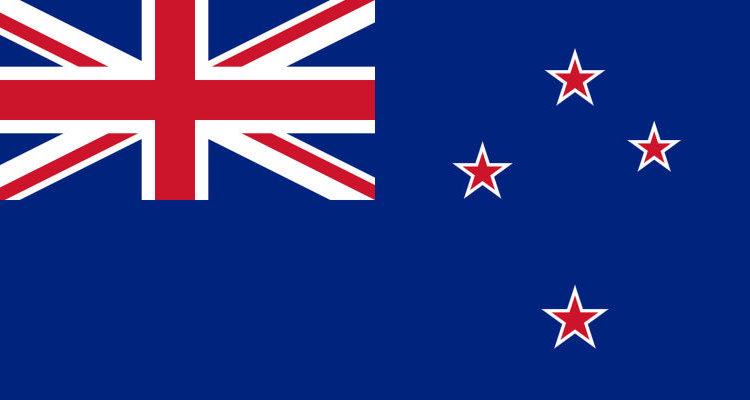Oceanía/Nueva Zelanda/02 de Julio de 2016/Autor:John Gerritsen/Fuente: RadioNZ
RESUMEN: El Tribunal Supremo en Wellington ha dictaminado que las escuelas no pueden disciplinar a los estudiantes extranjeros por el mal comportamiento fuera de la escuela. El tribunal ha confirmado apelar una decisión de la Autoridad Internacional de Educación que una escuela Tauranga ya que violó la Ley de Educación mediante la expulsión de tres estudiantes alemanes por fumar marihuana en su propio tiempo.
La escuela Tauranga, los universitarios habían pedido al tribunal para una revisión de la decisión de la autoridad. La universidad dijo que las acciones de los chicos rompieron sus contratos con la escuela. Pero el juicio por la Hon Justicia Ellis dijo que estaba de acuerdo con la apelación ya que que la Ley de Educación ha prevalecido sobre cualquier contrato, y los estudiantes internacionales tienen los mismos derechos bajo la ley como estudiantes internos. Dijo que los contratos de los chicos se podrían haber terminado si sus cuotas escolares no habían sido pagados, pero su expulsión no podía justificarse en virtud de la Ley de Educación. «Acepto que el resultado de este análisis es que la escuela no tenía jurisdicción sobre los estudiantes internacionales fuera de las horas de clase.»
The High Court in Wellington has ruled that schools cannot discipline foreign students for misbehaviour outside of school time.
The court has upheld an International Education Appeal Authority decision that a Tauranga school breached the Education Act by expelling three German students for smoking marijuana on their own time.
The school, Tauranga Boys College, had asked the court for a review of the authority’s decision.
The college said the boys’ actions broke their contracts with the school.
But the judgement by the Hon Justice Ellis said she agreed with the appeal authority that the Education Act prevailed over any contracts, and international students had the same rights under the act as domestic students.
She said the boys’ contracts could have been terminated if their school fees had not been paid, but their expulsion could not be justified under the Education Act.
«I accept that the upshot of this analysis is that the school had no jurisdiction over international students outside of school hours.»
The judgement said homestay parents and the police should deal with any problems that occurred in that time.
It upheld the Education Appeal Authority’s decision that the school should revoke the expulsion of two of the boys, refund a term’s fees for each of them, and refund $200 to the third boy.
A member of the Secondary Principals Association executive, Patrick Walsh, said the decision was problematic because schools were responsible for international students’ pastoral care.
«Principals and the public would find it an unusual situation where an international student could drink to excess, engage in dangerous activity compromising their own safety and others, and the schools who invited them here would be powerless to stop it.»
He said the decision needed urgent review and discussion and it might be necessary to amend the Education Act or the Education (Pastoral Care of International Students) Code of Practice, which governed all education institutions that enrolled foreign students.
Fuente: http://www.radionz.co.nz/news/national/307770/expelled-students-to-be-reimbursed













 Users Today : 5
Users Today : 5 Total Users : 35459600
Total Users : 35459600 Views Today : 7
Views Today : 7 Total views : 3417979
Total views : 3417979